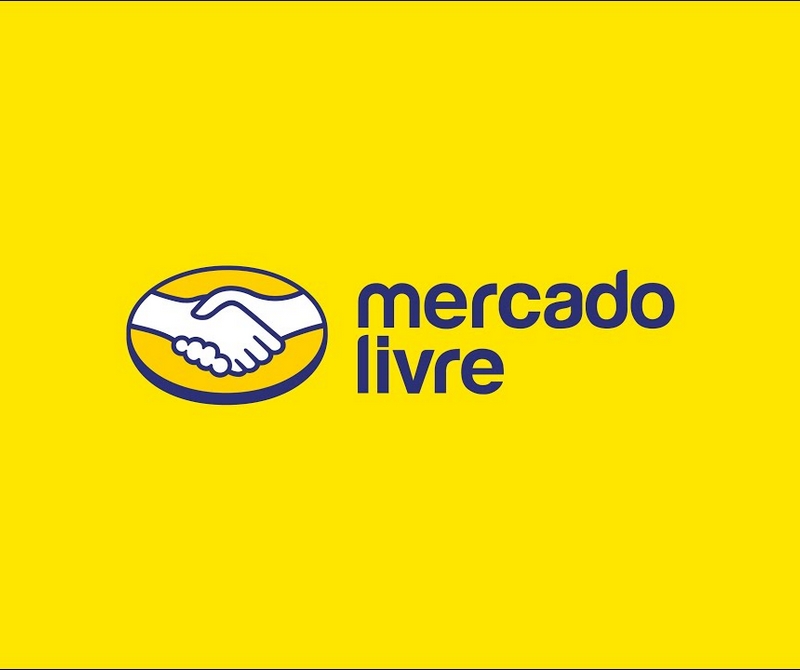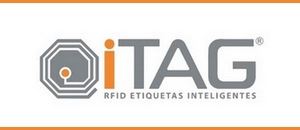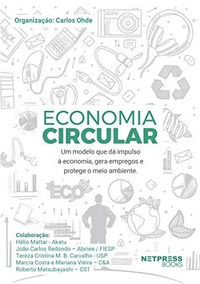IoP Journal
Mercado Livre has one of the world’s largest e-commerce logistics operations and decided to invest in radio frequency identification (RFID) motivated by the necessity of improving the management of Returnable Transport Items (RTI), especially the control of “pallet sleeves” to optimize inventory processes. In this way, the project aims to guarantee the traceability of RTI related operations using RFID technology, to improve efficiency in tracking items throughout the supply chain, reducing costs with accuracy.
The RFID project was implemented in 2022 in the logistics network of Mercado Livre, Brazil. The solution involved the deployment of mobile RFID readers, using Seal‘s proprietary software (KAIROS IOT), covering inventory and location processes. KAIROS IOT software, developed by Seal, provided a platform to manage data from RFID readers, thus optimizing inventory operations.
Focusing on improving the operational efficiency of the Distribution Center (DC), it offered increased visibility and control over RTI. This not only enhances accuracy in operations but also contributes to a more effective reverse logistics, benefiting the supply chain. To develop a comprehensive overview of team management at Seal Connect, it is crucial to highlight the different internal and external departments and groups involved.
Seal Connect Pre-sales Team: Responsible for comprehending and designing solutions that align with customer needs, considering business requirements and IT technical specifications, utilizing the entire Seal Connect portfolio.
Seal Connect Sales Team: Focused on sales strategies, contract negotiations, and establishing long-term strategic partnerships to ensure customer satisfaction and achieve business objectives.
Seal Software Team: Tasked with parameterizing and/or customizing the Kairos IOT software, along with supporting project implementations.
Mercado Livre Team: Manages relationships and partnerships with Mercado Livre, coordinating integration and marketing strategies, and optimizing presence on the platform.
Mercado Livre Improvement Team: Specified the solution for its customization and implementation. Acted as the project’s PMO, resolving operational, technical, and logistical issues related to the project.
The synergy between these teams and departments was essential for the project’s success, ensuring an integrated approach from identifying improvement opportunities to ongoing post-implementation support.
The list of equipment and materials used at Mercado Livre evolves the Mobile RFID reader RFD8500 and Mobile RFID reader RFD4030, both from Zebra Technologies. To manage the hardware Seal installed Kairos IOT (Seal Software). The Project encompasses the identification of 120 thousand pallet sleeve kits, aiming to implement a comprehensive traceability system throughout the logistics chain of Mercado Livre.
This marketplace conducts 130 weekly reverse logistics trips, emphasizing the need for an effective management of these returnable items.

Previously to RFID, the average findability rate of items through conventional inventory was 85%. With RFID implemented, this rate was improved to 95%, resulting in a significant gain in operational efficiency. RFID provided complete traceability, eliminating location gaps, and optimizing logistics processes.
The primary objective of the project was Asset Control, Traceability, and Inventory, and there were several parts of the implementation to achieve those goals: deployment of mobile RFID collectors in strategic locations along the supply chain; customization of Seal Connect’s Kairos IOT software to meet the specific needs of the project; intensive training provided by Mercado Livre team, establishing standards to ensure the correct use of RFID readers and Kairos IOT software.
Kairos software has the following functionalities: Location Management, Profile Management, User Management, and Logs Management. More than that, there are Inventory and Reports. Information available include Shipping Manifest, Origin, Destination, Quantity, Shipment Date, and Description. And reports are generated covering Discrepancy, Accuracy, Items in Transit, Receipt, Shipment, Status, Stock, and Labeling.
Average findability rate of items through conventional inventory was 85%. After RFID implementation, this index was improved to 95%, resulting in a significant enhancement in operational efficiency. The RFID provided complete traceability, eliminating location gaps and optimizing logistic processes. Daily inventory conducted 100% at the sending and receiving checkpoints; 70% reduction in daily inventory execution time; The number of weekly reverse logistics trips has been reduced by one and a half (-1.5) times; and Findability rate achieved of 99.6%.
There were obstacles in the process of implementing and sustaining the software, causing some delays and inconsistencies that were addressed throughout the project, enabling its implementation and expansion within the operation by 2024.



















